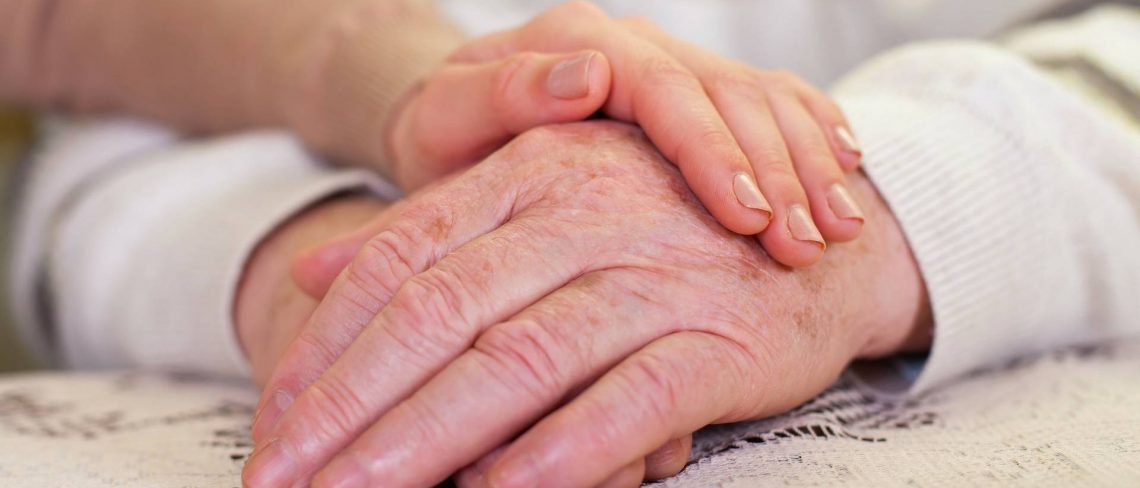Elder abuse is a crime that no one thinks will happen to their loved ones, but unfortunately it happens all too frequently. In the United States alone, research tells us that more than half a million elder abuse cases are reported each year and millions more go unreported. Elder abuse often originates with someone that the senior knows well and trusts, which can include family members and caregivers.
Seniors deserve to live in safety. Unfortunately, as we age we can become physically, emotionally and mentally more vulnerable. It is critical to find ways to support the seniors in your life with strategies to prevent abuse, even when they live far away.
What steps can you take to be proactive when it comes to protecting your senior loved ones? First, be prepared and learn more about the many forms of elder abuse. Elder abuse can include physical, emotional, or sexual harm as well as financial exploitation or neglect. While these signs can be hard to notice at first, let us share a few characteristics to be on the lookout for with your senior loved ones.
1. Unexplained signs of injury on your loved one.
Not all injuries are abuse but they should raise a warning flag. For example, there are illnesses and medications that cause seniors to bruise or bleed. If your loved one does not have a condition or does not take a medication that could cause this issue, any unexplained signs of injury could suggest elder abuse. Be on the lookout for bruises, welts and scars. In addition, broken bones and dislocations, reports of drug overdose or failure to take medicine, broken eyeglasses and signs of being restrained could also be signs of elder abuse. Further, any injury that is unexplained should always be a red-flag.
2. The caregiver refuses to allow you to see the elder alone.
This is suspicious behavior. There are very few valid reasons why you should be prevented from seeing your senior loved one. This may suggest the caregiver does not want you to take a good, uninterrupted look at the elder. If he or she continuously distracts you and does not want you to get too close to the elder, the caregiver may be trying to distract you from visible signs of abuse or neglect. Insist on seeing your loved one alone.
3. The elder begins to behave as if he or she has dementia.
While this may seem strange, dementia-centric behavior in a senior who does not have this illness can be a sign of abuse. These signs can include, but not limited to, rocking, sucking on a thumb or mumbling to themselves. Unexpected changes in behavior patterns like this can suggest the senior is being emotionally abused by the caregiver and is trying to cope under the circumstances.
4. Suspicious changes to finances or estate planning documents.
If there are significant withdrawals from the elder’s bank accounts, sudden changes in his or her financial condition, or suspicious changes to a last will and testament or power of attorney, financial exploitation may be at play. If you suspect this is an issue, you will want to speak candidly with your senior loved one to determine what is the cause of this behavior. Unfortunately, the caregiver may be taking advantage of the elder’s resources. Be sure to plan ahead and work together with your loved one to monitor all financial activity closely.
For a case study of what can happen with this check out an article written by the NY Times.
5. Lack of proper hygiene.
If you notice your elderly loved one is dirty, unbathed or is living in unsanitary conditions, there is a tremendous potential for neglect. Be aware that neglect, in this instance, can be self-inflicted and may signify a cognitive decline has arised. If, however, a family member or a caregiver is responsible for keeping the elder hygienic and providing suitable living conditions it may be time to step in.
Unfortunately, elder abuse continues to impact seniors across Florida. If you are a loved one of an elder being taken care of by another person, be sure to keep a watchful eye for any potential issues. Check-in frequently and establish daily communication. If you need more information about elder abuse or any elder law issue, do not wait to contact us today.


